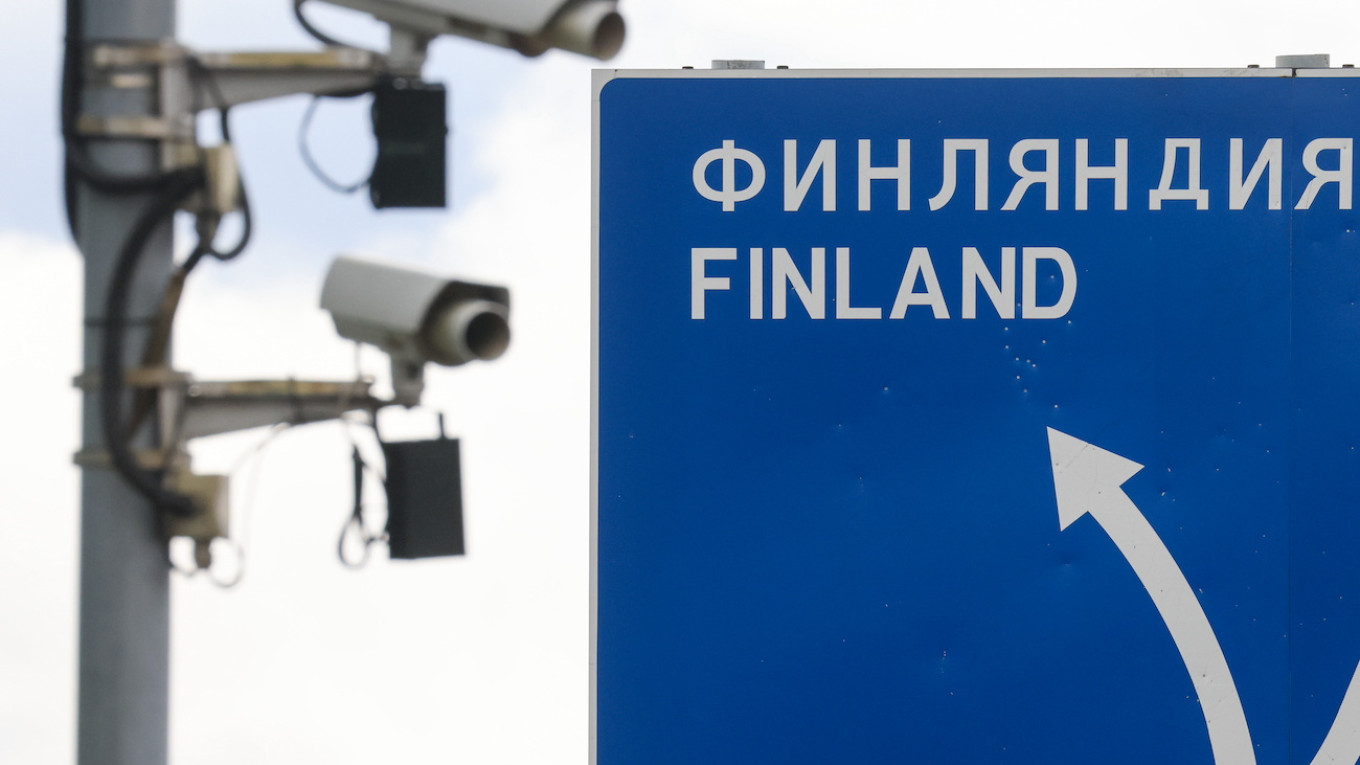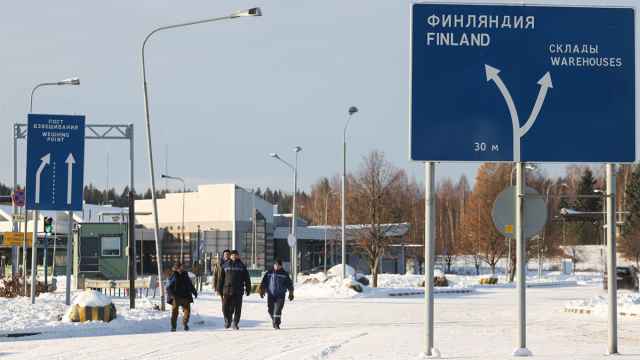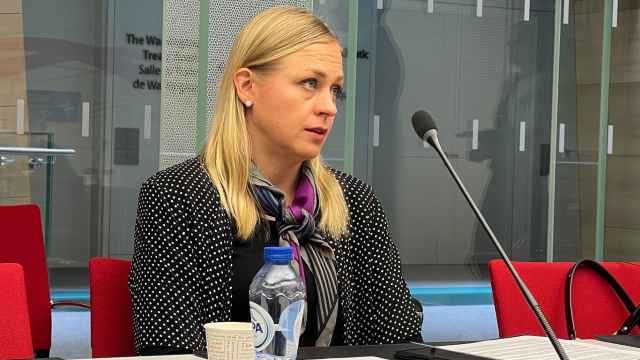Finland has begun construction of its planned 200-kilometer fence along part of its border with Russia, the country's border guard announced on Tuesday, as Helsinki fears Moscow could use migrant flows at the frontier for political purposes.
Terrain work would begin on Tuesday "with forest clearance and will proceed in such a way that road construction and fence installation can be started in March," the Finnish Border Guard said in a statement.
The three-kilometer pilot project at the border crossing near Imatra is expected to be completed by the end of June, it added.
Construction of a further 70 kilometers, mainly in southeastern Finland, will take place between 2023 and 2025.
In total, Finland plans to fence 200 kilometers of its 1,300-kilometre border with Russia at a cost of around 380 million euros (around $400 million).
The fence will be over three meters tall with barbed wire at the top, and particularly sensitive areas will be equipped with night vision cameras, lights and loudspeakers.
At present, Finland's borders are secured primarily by light wooden fences, mainly designed to stop livestock from wandering from country to country.
Fearing that Moscow could use migrants to exert political pressure on Helsinki, NATO candidate Finland in July passed new amendments to its Border Guard Act to facilitate the erection of sturdier fences.
Although the Finland-Russia border has "worked well" in the past, Brigadier General Jari Tolppanen told AFP in November that the war in Ukraine had changed the security situation "fundamentally."
He said the border fence was "indispensable" for stopping large-scale illegal entries from Russian territory.
Finland saw an influx of Russians in September after President Vladimir Putin ordered the mobilization of reservists to fight in Ukraine.
Estonia, Latvia and Poland have also increased security on their borders with Russia or are planning to do so.
A Message from The Moscow Times:
Dear readers,
We are facing unprecedented challenges. Russia's Prosecutor General's Office has designated The Moscow Times as an "undesirable" organization, criminalizing our work and putting our staff at risk of prosecution. This follows our earlier unjust labeling as a "foreign agent."
These actions are direct attempts to silence independent journalism in Russia. The authorities claim our work "discredits the decisions of the Russian leadership." We see things differently: we strive to provide accurate, unbiased reporting on Russia.
We, the journalists of The Moscow Times, refuse to be silenced. But to continue our work, we need your help.
Your support, no matter how small, makes a world of difference. If you can, please support us monthly starting from just $2. It's quick to set up, and every contribution makes a significant impact.
By supporting The Moscow Times, you're defending open, independent journalism in the face of repression. Thank you for standing with us.
Remind me later.






